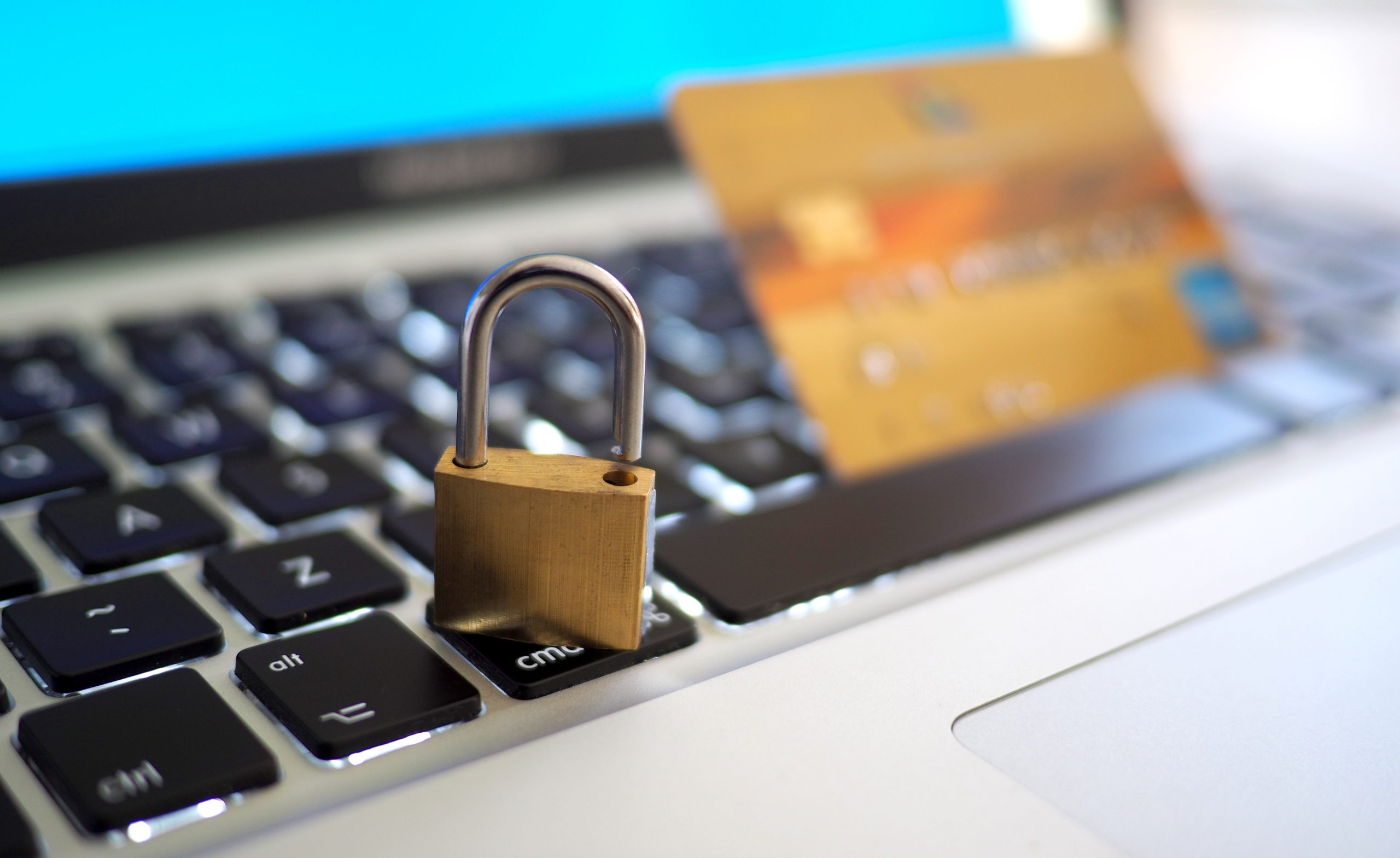As a direct result of the pandemic, hotels have had to rapidly deploy a variety of new technologies to meet the need for a contactless guest experience. At the heart of most properties’ tech stacks is the property management system (PMS). Having a direct, automated connection to this core software means that hoteliers can get all the information they need from one source without manually importing data or having to cross-compare multiple platforms.
As it concerns guest transactions, though, there’s another huge drawback from not having a two-way integration between the hotel’s payment gateway and its PMS – ‘two-way’ meaning that data can flow in both directions. Unlike other systems that automate service requests or guest behavior, payment technologies deal with highly sensitive information – an individual’s credit card data.
If at any point a hotel staff member can see the entire credit card, technically it means that there is the possibility of a data breach and that it’s not compliant with PCI DSS standards (the protocols that measure a merchant’s cybersecurity). By having a two-way integration between a payment solution and the PMS, the guest’s CC info is encrypted and passed electronically between the two systems without any human eyes on the card.
Many payment solutions claim to protect merchants and customers from data breaches, but if the hotel staff has to manually transfer guests’ CC information from the payment gateway into the PMS so that purchases can be properly stored as lodging transactions, then there is still a profound vulnerability to a property’s cybersecurity.
Aside from the reputational damage of a data breach or a customer complaining of fraud, not being fully PCI-compliant can mean higher interchange rates for the hotel, resulting in greater fees incurred for each transaction.
While there may be an installation cost for building a two-way connection between the payment portal and the PMS, it is totally worth it to not only save your team the time needed for manually entry, but also to protect your business from lost revenues. If you don’t have this integration already set up, you should consider making it a priority for 2021.



